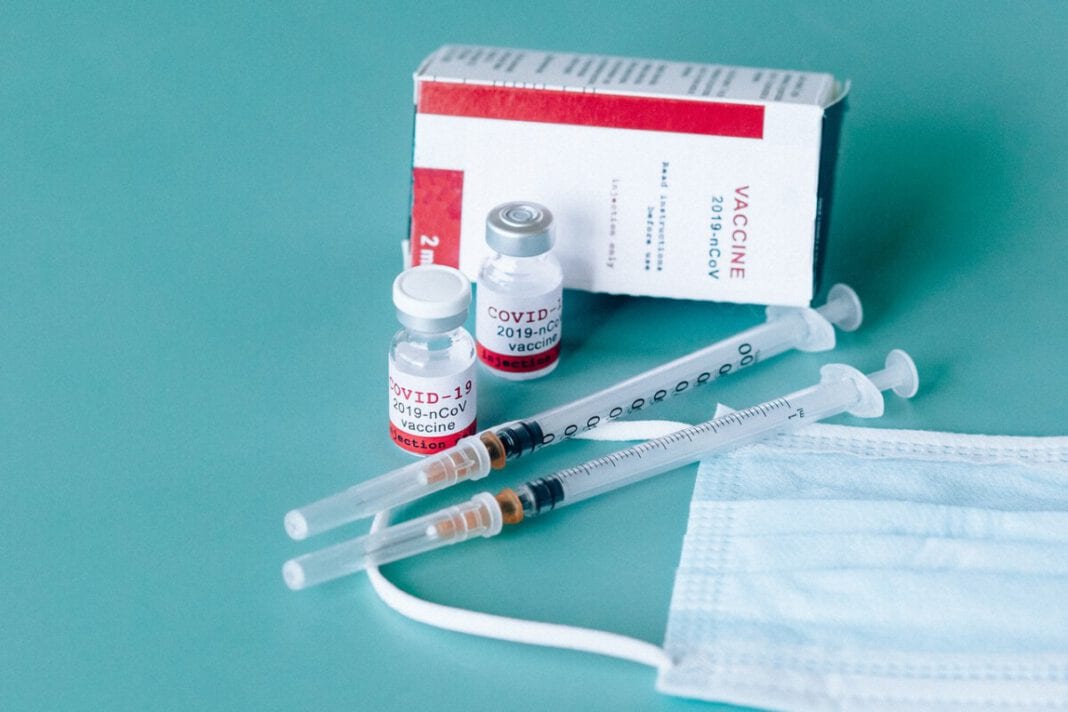Last week, it was the Pfizer vaccine that announced its successful results, and now another company, Moderna, has come out with a promising coronavirus vaccine.
Pharmaceutical company Moderna say that interim results show that their vaccine is 94.5% effective, reports NOS. The study involved 30,000 people, half of which received two doses of the vaccine and half received two placebo doses. The only participants to be diagnosed with COVID-19 had received placebos. Moderna can now take their vaccine into the final stages of development.
Advantages over the Pfizer vaccine
Pharmaceutical companies Pfizer and BioNTech claim that their interim results showed a 90% effectiveness rate for their coronavirus vaccine. This means that preliminary results would suggest the Moderna vaccine is more effective, but professor of vaccinology Cécile van Els of the RIVM is not too concerned. “These are preliminary results, which may change. But at least this says that a large proportion of the vaccinees are protected against COVID-19. Above 90 percent I find impressive,” he told RTL Nieuws.
Both the Moderna and Pfizer vaccines must be stored frozen, but the Moderna vaccine can be thawed and stored in a fridge for 30 days. This is an advantage over the Pfizer vaccine, which must be stored frozen for longer and is thus more complicated to distribute.
However, in many ways the vaccines are similar to each other and so confirm the results of each other. “This is very good news and actually an independent confirmation of the good news from Pfizer last week,” professor of immunology at Amsterdam UMC, Marjolein van Egmond, says. “They have very similar vaccines, the results are very similar, which suggests that it’s all true. This news also makes Pfizer’s results more reliable.”
Accelerated Assessment
The European Medicine Agency (EMA) announced today that they will begin a rolling review of the Moderna vaccine, meaning that the results of the vaccine will be assessed extra quickly.
Usually, the results of vaccine studies are not submitted to authorities until all testing phases have been completed. But in extraordinary circumstances, pharmaceutical companies can request a rolling review, in which the authorities analyse the interim results — a process which normally takes eight months is cut down to just four weeks. Rapid assessment procedures are also underway for the Pfizer and Oxford University vaccines.
160 million doses
The European Union has ordered 160 million doses of the Moderna vaccine, but has also made deals for six other up and coming vaccines expected to show good results soon. However, the Moderna vaccine is likely to only be ready for distribution in the new year. “At the earliest it will be January,” says Van Els. “But of course we cannot all be vaccinated yet. Vaccination will be done step by step.” The elderly, vulnerable and healthcare workers are expected to receive the first vaccines available in the Netherlands.
Would you be willing to take one of these corona vaccines once they become available? Tell us your thoughts in the comments below.
Feature Image: Nataliya Vaitkevich/Pexels



